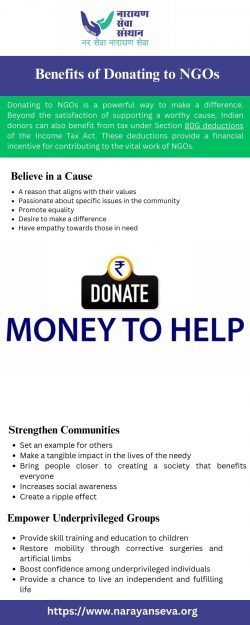Protect Yourself from Scams This Holiday Season
As we approach the holiday season, it’s important to be aware of the rise in scams targeting individuals and families during this time. Scammers are becoming more sophisticated, using new technology and tactics to trick people into giving away sensitive information, money, or access to their accounts. At Onyx Community Services, we want to keep you informed and help protect both you and the individuals we serve from falling victim to these schemes.
Below are three common types of scams to watch out for, along with practical tips to keep you safe.
1. Bank Impersonation Scams
Scammers often pose as representatives from your bank. They use fake caller IDs to appear legitimate and may claim there are fraudulent transactions on your account. Their goal is to gain access to your personal information and account details, often by asking for:
Digital one-time passcodes sent to your phone or email.
Sensitive information such as your account number or ID.
Confirmation of details under the guise of “security verification.”
Once scammers gain access, they can:
Make unauthorized purchases using your account.
Change your account settings, locking you out.
Tips to Protect Yourself:
If you’re ever in doubt during a phone call, hang up immediately and call your bank using the official number on your debit or credit card.
Remember: Banks will never ask you to purchase gift cards or send money as a form of payment for your account.
Never share your digital passcodes, banking credentials, or account information over the phone unless you are absolutely sure of the caller’s identity.
Stay wary of unexpected emails or messages asking you to “verify” your identity by uploading sensitive documents.
2. Mystery Shopper Scams
During the holidays, scammers advertise “mystery shopper” opportunities on job boards, social media platforms, and through calls, texts, or emails. They often:
Use fake company names or impersonate real retail research firms.
Make the job sound lucrative and easy, promising significant pay for minimal effort.
Ask for money up front to cover “training,” “certification,” or access to exclusive “job lists.”
Send fake cheques for “tasks,” instructing victims to deposit the money and then send a portion back.
These scams are designed to trick individuals into sending real money after depositing fraudulent cheques, which will eventually bounce.
Tips to Protect Yourself:
Honest companies will not charge you to work for them. If a company asks for payment upfront, it’s a red flag.
Never deposit cheques and send money back—it’s a common scam tactic.
Research companies thoroughly by visiting their official websites to confirm whether they use mystery shoppers.
Be cautious of “too good to be true” offers with unusually high pay for simple tasks.
3. Impersonation of a Loved One
New advancements in AI technology have made it easier for scammers to impersonate voices or even create convincing video clips. Scammers may:
Call you pretending to be a loved one in an emergency, needing money urgently for medical bills, legal trouble, or travel expenses.
Claim to represent a trusted business requiring sensitive personal information to “verify” your account.
These scams prey on your emotions, creating a sense of urgency to act without thinking critically.
Tips to Protect Yourself:
Listen for clues: AI-generated voices often have unnatural pauses, robotic tones, or slightly distorted speech patterns.
If someone claims to be a loved one, ask them a question that only they would know the answer to.
Avoid sharing sensitive information over the phone without confirming the caller’s identity.
Set up a family emergency code word with loved ones. If someone claims to need help, ask for the code word to verify their identity.
Always take a moment to pause and assess the situation before sending money or personal details.
Conclusion: Stay Vigilant and Informed
As scammers develop increasingly sophisticated methods, awareness is one of our strongest tools. Protecting yourself and others starts with:
Staying informed about common scams.
Questioning unexpected or urgent requests for money or information.
Taking the time to verify identities and offers.
If something feels suspicious, trust your instincts. Hang up, pause, and verify—whether it’s a bank, a job offer, or a loved one in need.
Please share this information with colleagues, friends, and family to help keep our community safe this season. By staying alert and informed, we can work together to protect ourselves and those we support.
If you have any questions or concerns, don’t hesitate to reach out to authorities or the Police. Stay safe, stay vigilant, and let’s help others do the same.























































